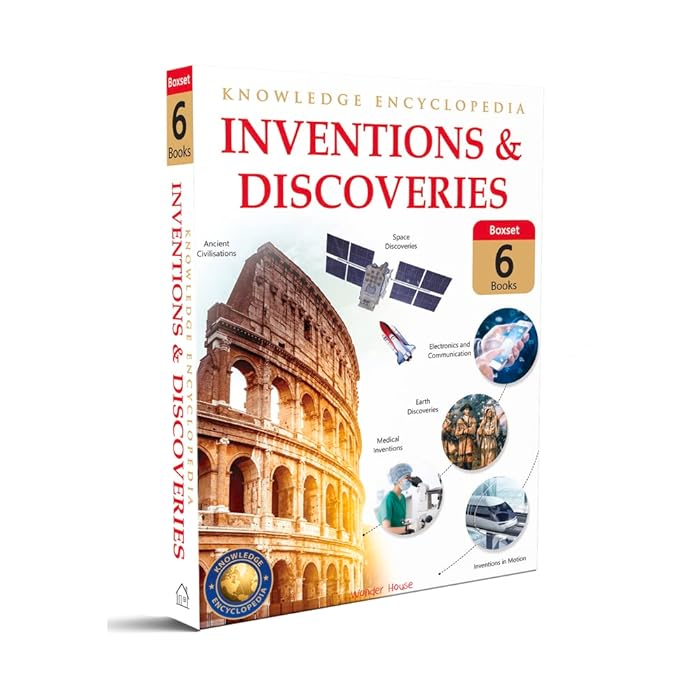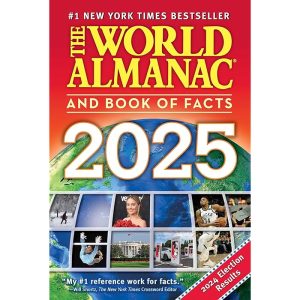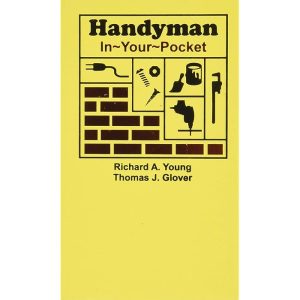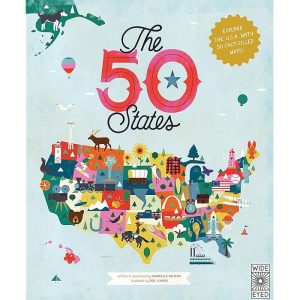Description
A “Collection of 6 Books” on **Inventions & Discoveries** would be a fascinating way to explore the progress of human ingenuity and scientific breakthroughs. Here’s a suggestion for a diverse and engaging compilation, each offering insight into different aspects of invention and discovery, from history and biography to scientific and technological revolutions.
—
### 1. **”The Invention of Everything Else” by Sam Kean**
– **Genre**: Historical/Non-fiction
– **Overview**: This book chronicles the history of key inventions, exploring how ideas were born, developed, and often stumbled upon by accident. Kean also ties in the role of individuals—scientists, engineers, and inventors—and the broader context of their discoveries.
– **Why it fits**: It provides a broad, thematic view of invention and includes some fascinating anecdotal stories that show how the most famous discoveries were made.
—
### 2. **”The Innovators: How a Group of Hackers, Geniuses, and Geeks Created the Digital Revolution” by Walter Isaacson**
– **Genre**: Biography/History of Technology
– **Overview**: This book traces the history of the computer revolution, focusing on the people who invented key technologies like computers, the Internet, and software. It offers a fascinating look at innovators such as Ada Lovelace, Alan Turing, Steve Jobs, and others.
– **Why it fits**: It’s an essential read for understanding how inventions in the tech world—computing and the digital age—came to be and shaped our current world.
—
### 3. **”The Story of Stuff: How Our Obsession with Stuff is Trashing the Planet, Our Communities, and Our Health” by Annie Leonard**
– **Genre**: Environmental/Non-fiction
– **Overview**: Leonard’s book, based on her viral online video series, is a critical look at how the invention of mass consumer goods has reshaped economies, environments, and cultures—often with negative consequences. It’s both a critique and a reflection on the unintended discoveries and inventions that fueled consumerism.
– **Why it fits**: It covers not just the inventions themselves but the impact of those inventions on our planet, offering a thought-provoking perspective.
—
### 4. **”A Short History of Nearly Everything” by Bill Bryson**
– **Genre**: Science/Popular Science
– **Overview**: Bill Bryson’s exploration of the wonders of science and the natural world includes discoveries from geology, biology, physics, and more. It touches on inventions in the context of scientific breakthroughs.
– **Why it fits**: This book serves as a broad survey of human knowledge, explaining how significant discoveries have shaped our understanding of the world.
—
### 5. **”The Code Book: The Science of Secrecy from Ancient Egypt to Quantum Cryptography” by Simon Singh**
– **Genre**: History of Science/Technology
– **Overview**: This is a fascinating look at the history of cryptography, from its origins in ancient civilizations to its modern-day applications in securing digital communications. Singh explores the people behind the codes and ciphers, including the technological breakthroughs that made secure communication possible.
– **Why it fits**: It covers critical technological inventions related to information security and encryption, an often-overlooked but essential aspect of modern life.
—
### 6. **”The Metaphysical Club: A Story of Ideas in America” by Louis Menand**
– **Genre**: History/Philosophy
– **Overview**: While not strictly about physical inventions, this book chronicles the birth of American pragmatism, a philosophical movement that emphasized the practical application of ideas and discoveries. Menand tells the story of key intellectual figures like William James, Charles Peirce, and John Dewey.
– **Why it fits**: It’s a thought-provoking exploration of how ideas about science, truth, and discovery shaped American culture and the inventions and scientific achievements that arose from this mindset.
—
### Conclusion





Reviews
There are no reviews yet.